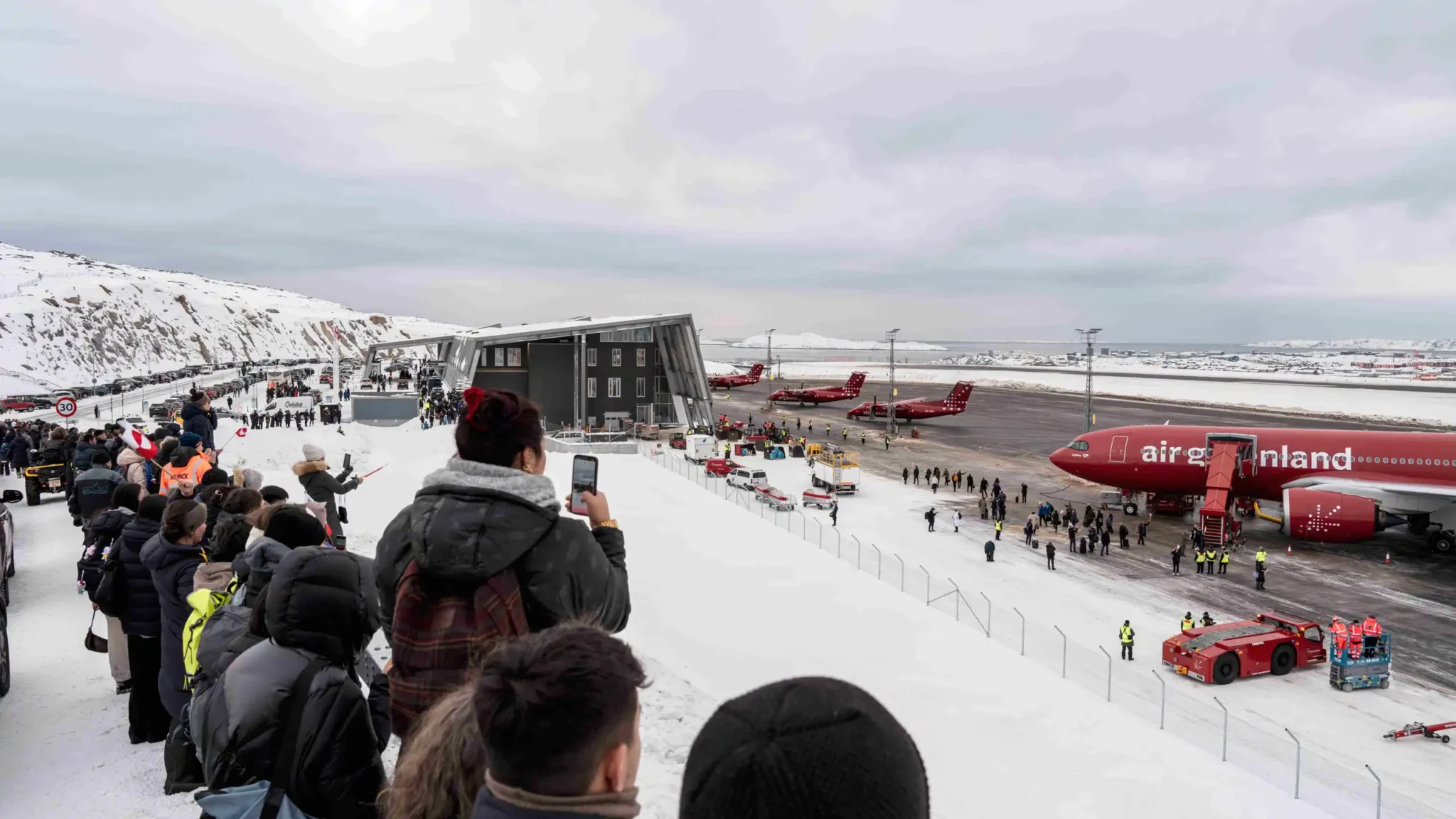4 Future-Proof Reasons for Travel Companies to Automate Tours and Activities in 2021 and Beyond

Skift Take
It’s been a rapid and wild run for the travel sector in 2020. With the industry looking to move forward and chart a plan towards recovery, travel companies are re-evaluating their operations to set themselves up for future success.
Unsurprisingly, technology is set to play a pivotal role in the years to come, and with the overhaul of digital distribution channels, manual and labor-intensive operational processes are destined to be things of the past.
Tech innovation group Livn recently demonstrated its leadership in the field through its Open Connectivity Hub: an API infrastructure that synergizes industry players, harmonizes systems and infrastructures, merges and streamlines a traditionally fragmented tours and activities (T&A) space, and connects tour operators to travel resellers in real-time.
Though much of the travel industry is scaling down or on hold in the current climate, Livn is poised for a strong recovery and set to launch its updated second iteration of the API in December.
To highlight the major benefits of Livn’s dynamic platform, SkiftX unpacks four future-proof reasons why travel businesses ought to automate their tours and activities in the post-pandemic world.
Live Inventory
One of the main limitations to securing full occupancy on T&A products in previous years had to do with businesses’ inability to fill bookings and cancellations at the last minute.
Before the pandemic, travel agencies and in-person were the prime channels for bookings in this space.
Post-pandemic, consumer demand is calling for a stronger shift towards ‘instantaneous’ booking options, as travelers seek personal control of their own plans.
This trend dovetails with rising demand for experiential travel, and a pre-existing desire for greater online booking options that allow for spontaneous, fast-confirmation connectivity.
A core feature of Livn’s Open Connectivity Hub is that it solves this problem: giving travel resellers access to live inventory, thus facilitating last minute bookings in real time.
This clearly benefits both tour operators and resellers: maximum sales, while giving next-level responsiveness should any last minute rules or regulations, such as the opening or closing of travel corridors due to lockdown limitations, impact the industry.
Harmonization
It’s well known that the T&A sector traditionally functioned as a fragmented and disparate space mostly because its products are so diverse. To shift this, Livn’s API brings a new level of industry-wide harmonization.
Livn technology translates many tour reservation system implementations into one unified and streamlined API, a powerful synthesis that gives structured access to and interaction with global tour products via a single connection point.
“In our learnings over the last nine years, looking across dozens of systems, we have gained unique technical insight into the most efficient way for data to be transmitted and shared between all parties in the distribution chain,” says Livn’s founder and CCO Steve Martinez, “from source tour operator inventory to end traveler consumption and demand.”
What this also delivers is a clear and well-defined industry standardization>—something previously lacking in the T&A space—with all information unified, and technical aspects of the reservation process simplified for travel resellers, including structured product content, availability data, metadata, terminology and pricing.
This goes for different channels and verticals (hotel, airlines, etc.) as well as mediums (desktop, tablet, mobile and travel agency environment).
Collaboration
Livn’s API works collaboratively, connecting with over 20 different tour operators’ reservation system providers around the world.
In an industry rife with different systems (rarely do two exist with identical, overlapping features, requirements or naming conventions) this alone marks a significant development.
“Our vision is to become the industry standard for T&A API connectivity which the industry has been lacking for years,” said Martinez.
“We have a very privileged and broad view of current tour operator API landscape (through our deep integrations with their reservation systems) and on the flipside (distribution) we have a variety of real life use cases on how this data is actually being used – including bricks and mortar and online travel agencies, content marketing business models, mobile application companies,, local visitor information centres, airline middleware platforms, and Global Distribution Platforms (GDS). This inflection point is one of great responsibility, which very few companies occupy and, we intend on making the most of this opportunity by driving real change and working with all parties involved to bring the sector forward.”
All this is driven by Livn’s core philosophy that learnings and best practices be incorporated and shared for mutual collaboration across the sector.
Connectivity
No other platform in the T&A space is capable of connecting as strongly or widely as the Livn API. From PAX details, to pick-up points, to cancellations, the platform is able to implement all usable API features from an underlying reservation system. Once confirmed, reservation and ticket information is completely binding, valid and 100 percent traceable.
Livn’s approach is complete integration, a contrast to the ‘partial’ implementations that the space is used to – for example: situations where brochureware content is delivered via an API, while reservation information is transmitted via email.
Likely to be the industry’s most widely connected platform by 2022, it’s the only platform that allows travel companies to use its technical infrastructure to transact without interfering with their existing commercial agreements. Effectively, it’s an ‘open’ model, where travel resellers are charged a small transaction fee for each booking that passes through the API.
Livn’s innovative infrastructure will allow the API to triple the number of connected Reservation Systems by the end of 2021.
Prepare today for tomorrow
After a tumultuous 2020, in this moment of pause, the industry awaits its green light to surge ahead. Consumers have their eyes set on travel again, and will continue to seek the most streamlined, instantaneous, ‘low-to-no touch’ booking solutions available.
These consumer demands “all come at a time when the industry is finally starting to show signs of cohesion and standardization,” adds Martinez.
Transition is the name of the game here, as more and more companies align with the growing trend to engage professional partners with vertical specialization, enabling them to free up their resources and capital to focus on their core business model.
“The T&A sector is transitioning into the same easy, reliable and accurate realm the industry has enjoyed for airline, car, and hotel sales – and Livn is uniquely placed in this space,” said Martinez.
This content was created collaboratively by Livn and Skift’s branded content studio, SkiftX.
Check out Skift x Livn’s Tours & Activities 2020: A Year in Review content hub for related content.




